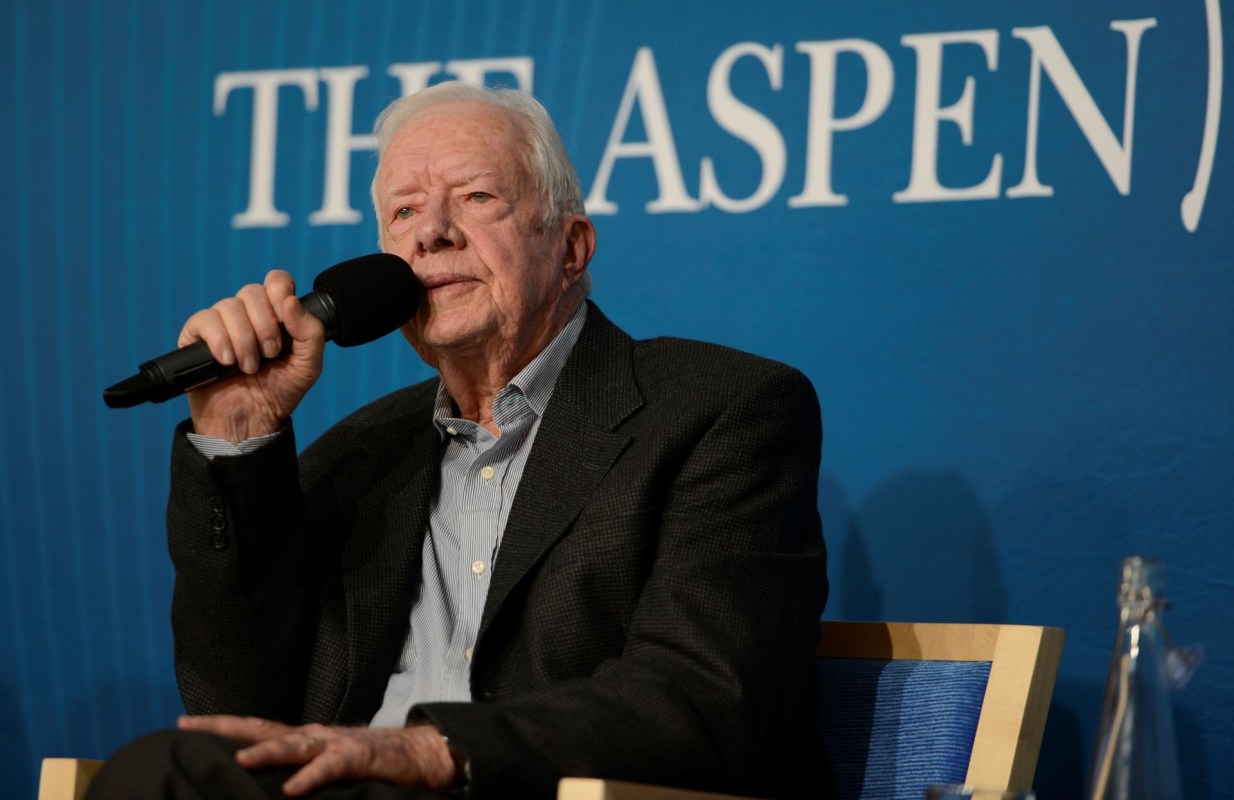On Feb. 18, former President Jimmy Carter decided to enter hospice care at his Georgia home, forgoing any additional medical interventions.
And while the 39th President of the United States is known for his wide-ranging contributions to social, economic, and international issues — including the near eradication of the Guinea Worm disease — President Carter's environmental record is often overlooked.
President Carter's environmental legacy
Perhaps the greatest environmental achievement of the Carter Administration was the protection of public lands in Alaska.
While President, Carter safeguarded millions of acres of the Alaskan wilderness — first, in 1978, protecting 56 million acres through executive action, and later in 1980, pressuring Congress to preserve 100 million more.
When Carter took these actions, no president had ever protected as much public land from development.
Besides his Alaskan conservation efforts, Carter successfully protected the environment when he signed the Comprehensive Environmental Response, Compensation, and Liability Act of 1980 (CERCLA) into law.
CERCLA, often referred to as the Superfund program, helped the EPA clean up hundreds of hazardous waste sites, protecting communities from toxic waste and returning local assets to the communities that were burdened by them.
President Carter also took significant actions relating to energy, including creating the Department of Energy. And while the overheating of the planet was not a public concern while Carter was the president, he still promoted clean energies as well as energy efficiency.
Beyond his wide-ranging environmental efforts, President Carter also served as a role model for Americans through his environmental consciousness.
While donning a sweater, he urged the public to conserve energy by turning down the thermostat during the winter season. And he visibility promoted clean energy in 1979 by having solar panels installed on the roof of the White House.
Carter's commitment to environmental protection continues to be celebrated despite the fact that his presidency ended decades ago. In 2019, when former President Carter won the Georgia Conservancy's Distinguished Conservationist Award, he spoke to the audience succinctly, saying:
"My thoughts on conservation are grounded in a lifelong love of the natural wonders … and our responsibility to pass on the land, water, and forests in a better condition than we inherited them."
Join our free newsletter for cool news and actionable info that makes it easy to help yourself while helping the planet.









